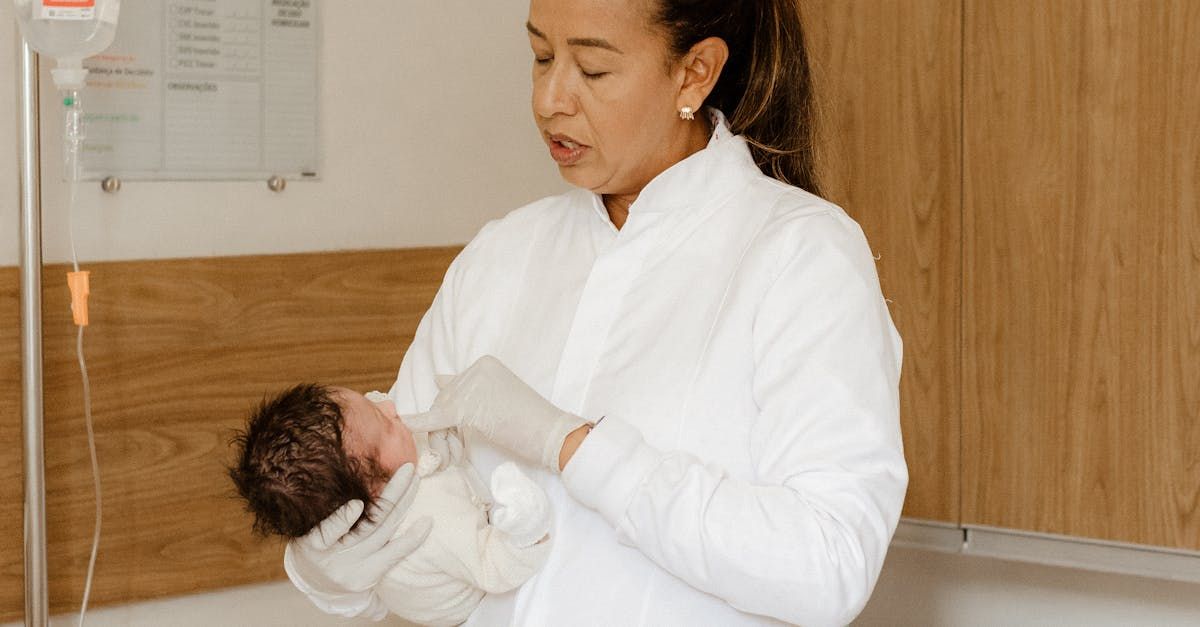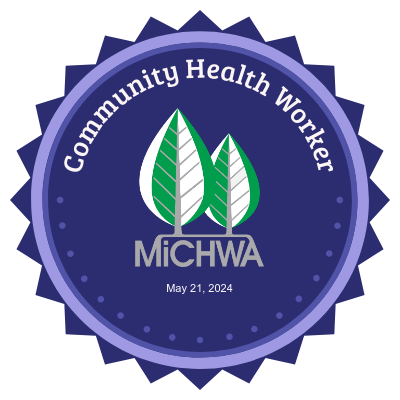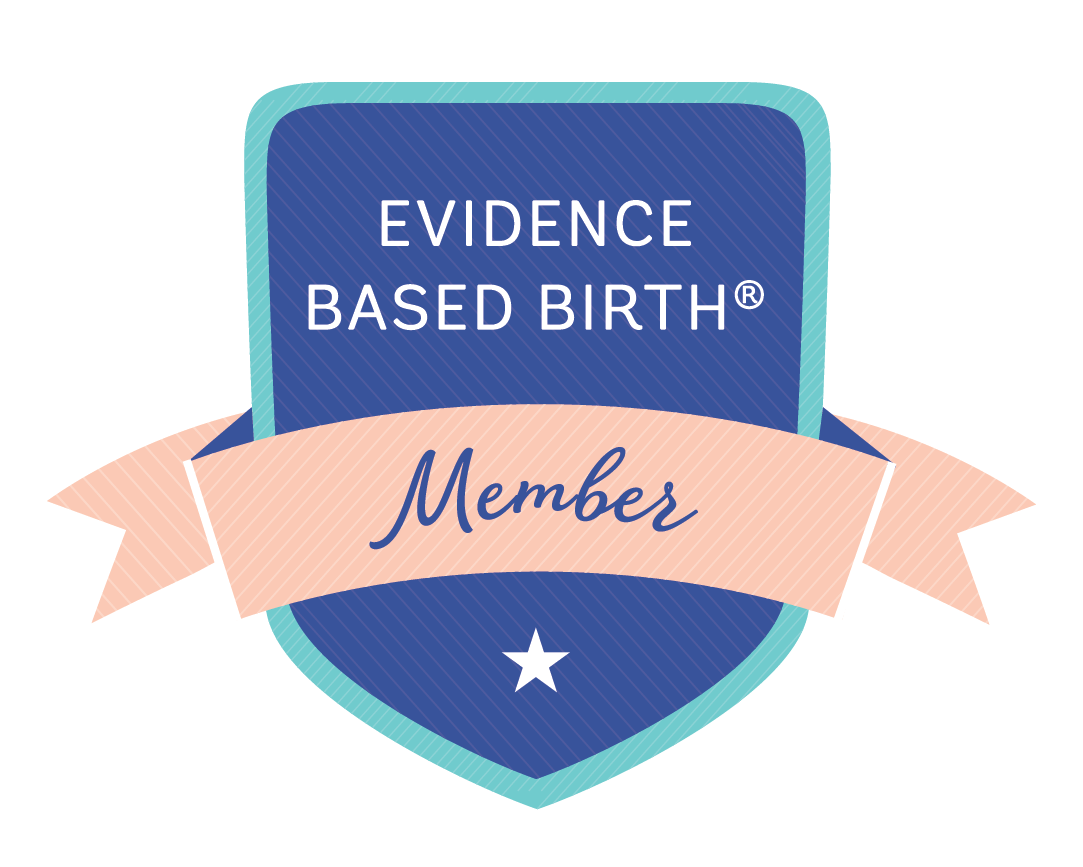Shekita Long
Labor & Birth Doula
Understanding Cesarean Rates in Detroit Hospitals
A Closer Look at Maternal Health Trends

In recent years, the conversation surrounding maternal health has grown increasingly important, with a particular focus on the methods of delivery. Among these methods, cesarean sections (C-sections) have sparked significant debate due to their rising rates and implications for both mothers and newborns. In Detroit, a city with a diverse population and varying healthcare access, understanding the C-section rates across different hospitals is critical for expecting parents and healthcare professionals alike.
What are Cesarean Sections?
A cesarean section is a surgical procedure used to deliver a baby through incisions made in the mother’s abdomen and uterus. While necessary in certain medical situations—such as fetal distress, multiple births, or maternal health issues—C-sections can also be performed electively. The World Health Organization (WHO) suggests that the ideal rate for cesarean deliveries should be between 10-15%, as higher rates do not necessarily correlate with improved maternal and infant health outcomes.
C-section Rates in Detroit
According to data sourced from CesareanRates.org and Leapfrog Group, the cesarean rates in Detroit hospitals vary significantly. Some hospitals report rates significantly above the WHO recommended levels, while others maintain rates closer to the ideal range. This variation can be influenced by a number of factors, including hospital policies, patient demographics, and the availability of prenatal care.
For example, one of the hospitals in Detroit may have a C-section rate of 30%, while another maintains a rate of around 20%. These statistics not only reflect the practices of individual institutions but also highlight broader trends in maternal care within the region.
Henry Ford Hospital Detroit: C-Section Rate 2024 - 29%
DMC Hutzel Women's Hospital: C-Section Rate 2024 - 27.6%
Henry Ford St. John Hospital: C-Section Rate 2024 - 31.4%
Corewell Health Beaumont Grosse Pointe Hospital: C-Section Rate 2024 - 22.1%
University of Michigan Health Von Voigtlander Women’s Hospital: C-Section Rate 2024 - 34.1%
Corewell Health Dearborn Hospital: C-Section Rate 2024 - 27%
Henry Ford Providence Southfield Hospital: C-Section Rate 2024 - 30%
Trinity Health Livonia: C-Section Rate 2024 - 24.9%
DMC Huron Valley-Sinai Hospital: C-Section Rate - 26.9%
Factors Influencing C-section Rates
Several factors contribute to the differences in C-section rates across Detroit hospitals:
1. Patient Demographics: Hospitals serving high-risk populations may have higher rates of C-sections due to the medical needs of their patients.
2. Provider Practices: The preferences and practices of obstetricians can significantly influence C-section rates, with some providers more prone to recommending surgical delivery for various reasons.
3. Hospital Policies: Institutional policies regarding labor management, pain relief options, and emergency protocols can all impact the likelihood of a cesarean delivery.
4. Access to Care: Disparities in access to comprehensive prenatal care can lead to higher C-section rates, especially in underserved communities.
The Importance of Informed Decision-Making
For expectant parents in Detroit, understanding the cesarean rates at their chosen hospital is crucial for making informed decisions about their birth experience. It is essential to engage in open conversations with healthcare providers about delivery options, potential risks, and the hospital’s approach to labor and delivery.
Moreover, advocacy for evidence-based practices and personalized care can help reduce unnecessary C-sections. The focus should always be on the health and safety of both mother and baby, ensuring that any decisions made are in the best interest of their well-being.
Conclusion
The cesarean rates in Detroit hospitals present a complex landscape that reflects not only the practices of individual institutions but also wider trends in maternal health. As the conversation continues, it is vital for healthcare providers, policymakers, and families to work together to promote safe and effective delivery methods that prioritize the health of mothers and their newborns. By staying informed and advocating for best practices, we can strive towards healthier outcomes for all families in Detroit.
For those interested in exploring specific rates and comparisons among hospitals in Detroit, resources like CesareanRates.org (http://www.cesareanrates.org) and Leapfrog Group (http://www.leapfroggroup.org) provide valuable insights into this critical aspect of maternal healthcare.
Joy | Peace | Confidence
All Rights Reserved | Shekita Long, Labor & Birth Doula | Privacy Policies | Disclaimer | Terms & Conditions | Designed and Hosted by The Carlyle Creative











